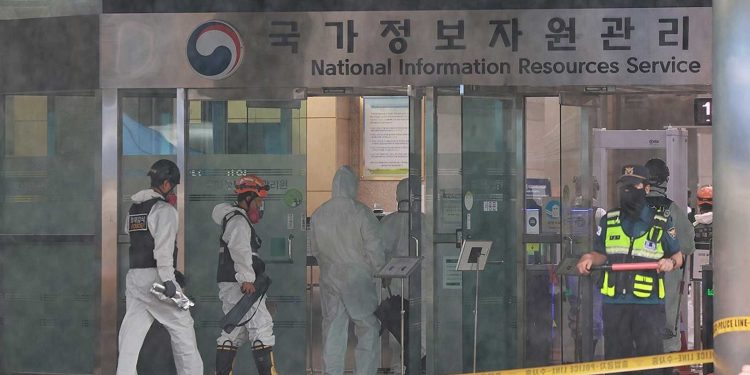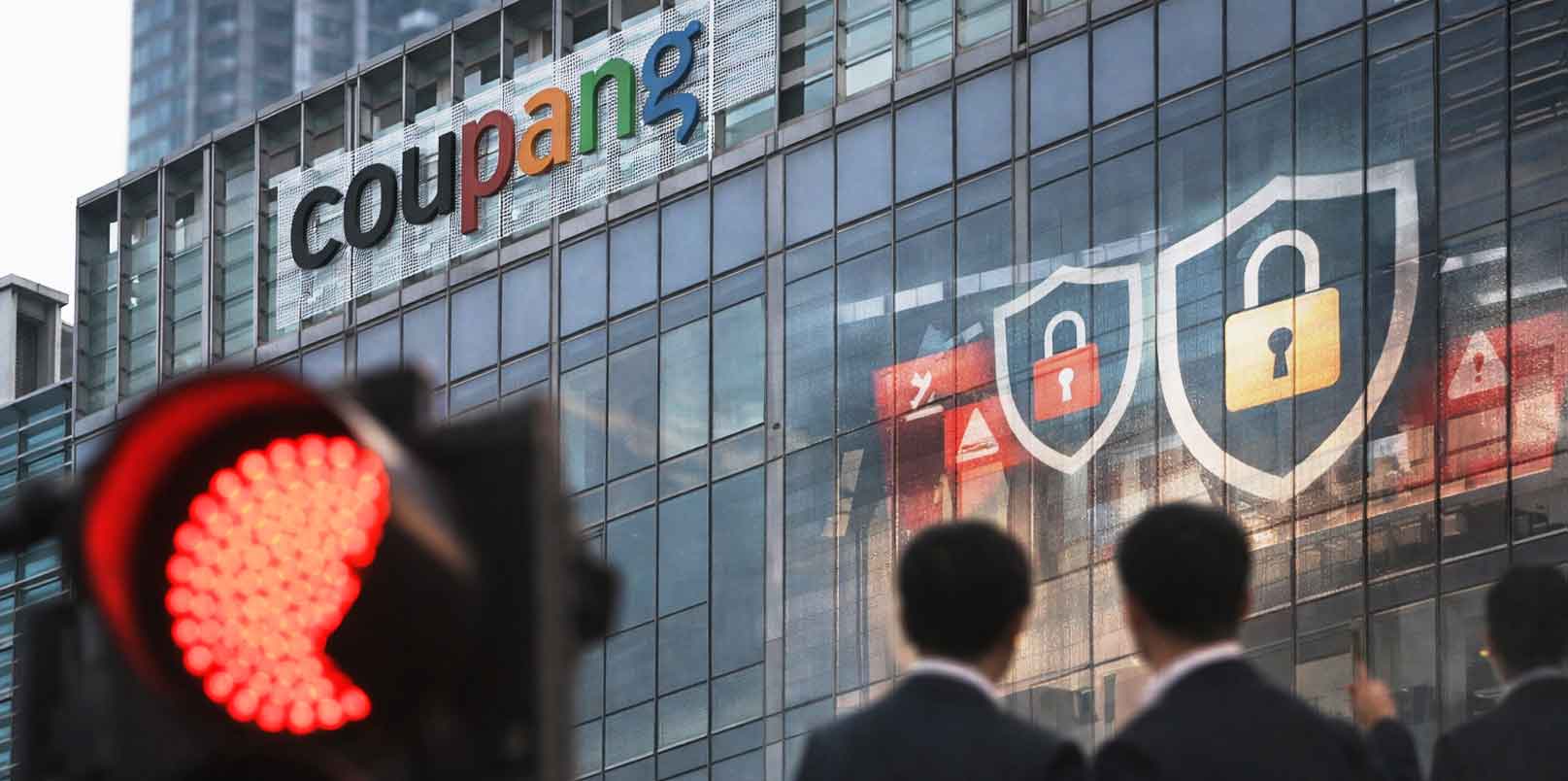Korea’s fire incident at National Information Resources Service (NIRS) in Daejeon has now become a defining test of how resilient government-backed SME and startup services really are. For the first time, business continuity planning (BCP) in critical policy platforms such as Bizinfo Plus (G4B) faced a full-scale stress event. The outcome of this unexpected Daejeon data center fire now shapes both domestic confidence and how global investors view Korea’s ability to safeguard its innovation ecosystem.
Korea’s Swift Emergency Response to the Daejeon Data Center Fire
On September 26, a lithium battery replacement in the NIRS Daejeon data center triggered a fire that destroyed 384 battery units, left one person injured, and disrupted 647 government IT systems.
The Ministry of SMEs and Startups (MSS) confirmed immediate outages in Bizinfo Plus (G4B), the core platform that processes SME guarantees, grants, and program access. To contain disruption, MSS launched a 24-hour emergency response system, set up alternative access sites through its homepage, and opened complaint channels for affected businesses.
As a second immediate response to the Daejeon data center fire outage, Vice Minister Noh Yong-seok chaired an emergency video conference between Seoul and Sejong on September 28, with department heads and affiliate agency executives.
This meeting now focuses on assessing system damage, reviewing interlinked service failures, and testing the effectiveness of BCP frameworks across ministries and agencies.
Why Business Continuity Planning Has Become a Policy Priority
Bizinfo Plus (G4B) is more than an administrative platform. It acts as the digital backbone for SME financing, startup guarantees, and support programs. Disruption at this level directly affects entrepreneurs’ ability to secure working capital, meet compliance requirements, and apply for innovation-driven grants.
The Daejeon data center fire revealed how much Korea’s startup ecosystem depends on centralized infrastructure—and how vulnerable policy delivery becomes when single-point systems fail.
In global comparison, economies like Singapore and Israel have invested heavily in redundant architecture to minimize such risks. Korea’s challenge is ensuring its rapid digitalization does not outpace safeguards for continuity.
Government Actions and Stakeholder Commitments in Focus
Vice Minister Noh Yong-seok emphasized the priority of minimizing disruption:
“We will put the highest priority on ensuring that administrative services for SMEs and small business owners are not interrupted. Each department must thoroughly inspect its systems and external service connections to block failures in advance and implement necessary measures immediately.”
MSS also pledged to maintain its 24-hour monitoring and control system until services stabilize, while strengthening cooperation with the Ministry of the Interior and Safety and NIRS.
How Daejeon Data Center Fire Outage Reshaped Trust in Korea’s Startup Infrastructure
For startups and SMEs, this incident was a reminder that even government-backed platforms carry systemic risks. Business continuity in Korea’s innovation ecosystem is no longer theoretical—it has now been tested under crisis conditions.
The government’s response will influence how founders, investors, and global partners evaluate Korea as a stable base for scaling ventures. Questions of redundancy, decentralization, and risk management are likely to rise higher on both policy and investor agendas.
After all, with the recent outage caused by the Daejeon data center fire, it may take up to two weeks for public services to return to normal — a delay that puts added pressure on Korean startups competing in the global innovation race.
The event also highlights the need for more proactive SME-focused BCP education. As the country positions itself as a global startup hub, private firms cannot rely solely on government systems. Founders will need to integrate continuity strategies into their own operations to mitigate the ripple effects of infrastructure failures.
Building Redundancy and Global Confidence in Korea’s Digital Backbone
The Daejeon fire turned into a real-world stress test for Korea’s startup and SME policy delivery. While emergency measures contained immediate fallout, the longer-term question is whether this will accelerate reforms in digital resilience and BCP frameworks.
If Korea can use this setback to strengthen redundancy and expand collaboration between government and private infrastructure providers, it could reinforce investor confidence and position the country as a model for policy-driven resilience in innovation economies.
Failure to act, however, risks eroding trust at a time when Korea is working to anchor itself as a global hub for startups and technology ventures.
– Stay Ahead in Korea’s Startup Scene –
Get real-time insights, funding updates, and policy shifts shaping Korea’s innovation ecosystem.
➡️ Follow KoreaTechDesk on LinkedIn, X (Twitter), Threads, Bluesky, Telegram, Facebook, and WhatsApp Channel.






